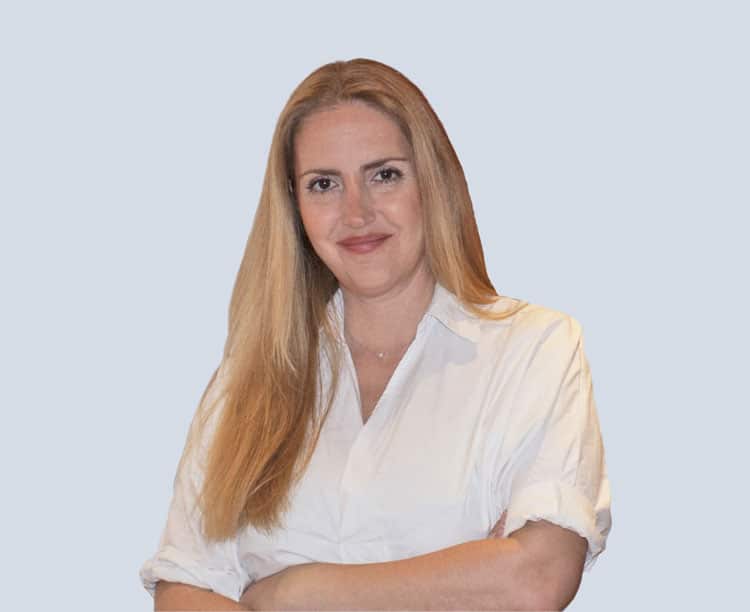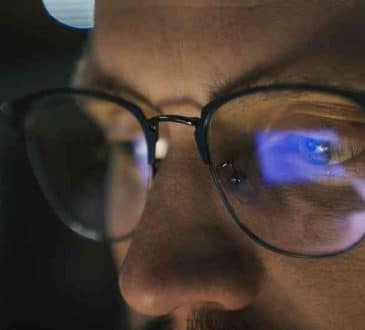Great minds don’t think alike

Great minds don’t think alike. There is a famous quote attributed to World War II Gen. George S. Patton saying “If everyone thinks the same, then someone is not thinking”. I would add “they are merely following”.
Varied thinking is the key to progress, innovation, and growth. True diversity transcends external attributes such as gender, age, or appearance. While such aspects have their place in fostering inclusivity, it is the diversity of thought that truly enriches society.
Homogeneous thinking stifles creativity and progress, leaving no room for innovation or breakthrough ideas. When minds are encouraged to explore distinct paths and perspectives, the true potential of human intellect shines through.
Albert Einstein, once stated, “We cannot solve our problems with the same thinking we used when we created them.” This timeless quote emphasizes the significance of embracing diverse thought to tackle the challenges of our time. This quote reminds us that innovative solutions require stepping outside the boundaries of conventional thinking and seeking alternative viewpoints.
Let me give an example. In Adam Grant’s book, Think Again, the author highlights the value of colleagues who display a negative or critical mindset, constantly seeking reasons why something might not work. How do you usually feel about such colleagues? Most of us don’t want them around us in the next meeting, especially when we’re the ones presenting one of our ideas. Most of us will label them as pessimists or naysayers or negative people. Now as Adam Grant prompts us to do, think again.
When a team is brainstorming or working on a project, having someone who challenges ideas and points out potential flaws can be immensely beneficial. While it may initially seem counterproductive to have someone being negative, it actually fosters a more robust decision-making process.
Having a devil’s advocate in the group encourages others to think more critically about their ideas and solutions. It prompts the team to address weaknesses and potential pitfalls before fully committing to a course of action. This approach helps in avoiding oversights and premature conclusions, leading to more well-thought-out and resilient outcomes.
In essence, the presence of such colleagues who approach problems with a skeptical lens can enhance the team’s ability to make informed and thoughtful decisions. They contribute to a culture of open dialogue and constructive criticism, ultimately leading to better overall results. Grant’s example serves as a reminder of the importance of embracing diverse perspectives, even those that might initially seem negative, to achieve success in complex and challenging endeavors.
We can no longer afford to label people in any way just because they fit in or stand out. We have the experience to finally understand that life is not black or white. And unless we want to turn like those humans in the old classic Wall-E movie, where they move around in motorized chairs and are continuously fed while engaging in mindless activities aboard a spaceship, we need to cultivate our thinking and embrace different views and perspectives. We don’t need to agree or disagree on everything with each other, but we do need to start thinking and allow those around us to think and express their ideas.
As AI technology takes center stage and consultants debate on integrating AI to guide our thinking, it becomes even more crucial for organizations to embrace diverse thinking. While innovation and growth are undoubtedly facilitated by technology, we must also recognize the significance of maintaining and evolving our humanity. AI and other tools can enhance our capabilities and efficiency, but relying solely on them can have consequences. As the late American journalist and syndicated columnist, Sydney J. Harris, aptly put it, “The real danger is not that computers will begin to think like men, but that men will begin to think like computers.” This prophetic insight speaks to the cautionary tale of our ever-increasing reliance on technology.
The human touch, creativity, and empathy that come with diverse thinking should not be overshadowed. As organizations navigate the digital landscape, they must strike a balance by valuing the unique perspectives that humans bring to the table. By fostering an environment that encourages open dialogue and diverse thought, we can ensure that our progress is not only guided by innovation, but also grounded in the very essence of our humanity.
Great minds are not defined by their conformity to a singular way of thinking, but by their openness to diverse perspectives. True diversity is about the richness of ideas and thoughts. Our success depends on the quality of our thinking.
Written by Maria N. Papacosta.
Have you read?
Revealed: Most Physically Demanding and Difficult Jobs in the United States, 2024.
Revealed: Most In-Demand Education Careers in America, 2024.
Here are the top 25 industries with the highest potential for job creation in 2024.
These are the richest fashion designers in the world, 2024.
Revealed: Countries with the strongest military forces in the world, 2024.
Add CEOWORLD magazine to your Google News feed.
Follow CEOWORLD magazine headlines on: Google News, LinkedIn, Twitter, and Facebook.
Copyright 2024 The CEOWORLD magazine. All rights reserved. This material (and any extract from it) must not be copied, redistributed or placed on any website, without CEOWORLD magazine' prior written consent. For media queries, please contact: info@ceoworld.biz








